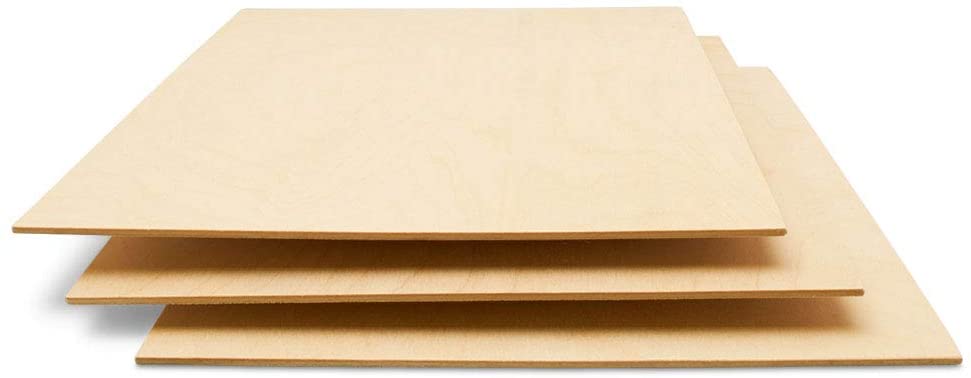
Plywood is a necessity for many roofing projects. It provides a solid surface to which roofing materials can be attached, and it also acts as a barrier against moisture and weather damage. But how thick does plywood need to be in order for it to be effective? There are a few factors to consider when determining the thickness of plywood for your roofing project. The first is the type of roofing material you’ll be using. Shingles, for example, require a thinner plywood than metal roofing.
The second factor to consider is the climate in which your home is located. If you live in an area with severe weather conditions, you’ll need a thicker plywood to withstand the elements.Finally, you’ll also need to take into account the pitch of your roof. A steeper roof will require a thicker plywood in order to provide adequate support.
what thickness plywood for roofing
When it comes to choosing the right plywood thickness for your roofing project, it’s important to consider all of these factors in order to make the best decision for your home. With a little bit of planning and research, you can be sure to choose the right plywood thickness for your needs.
If the smell is only faint, try airing out the area and using a fan to circulate the air.
If the smell is strong, you may need to replace the plywood. When it comes to roofing,plywood thickness is an important factor to consider in order to make sure your project is done right. There are a few things you’ll need to take into account when determining the appropriate plywood thickness for your project, including the type of roofing material you’ll be using, the climate in which your home is located, and the pitch of your roof. With a little bit of planning and research, you can be sure to choose the right plywood thickness for your needs.
If the smell is stronger, use a deodorizer or baking soda to absorb the odor.
You can also try painting or staining the plywood to help with the smell. If the smell is strong and you can’t get rid of it, you may need to replace the plywood. When it comes to roofing, plywood thickness is an important factor to consider in order to make sure your project is done right. There are a few things you’ll need to take into account when determining the appropriate plywood thickness for your project, including the type of roofing material you’ll be using, the climate in which your home is located, and the pitch of your roof. With a little bit of planning and research, you can be sure to choose the right plywood thickness for your needs.
If the smell is coming from your car, try cleaning the interior and using a freshener.
You can also try airing out the car or using a fan to circulate the air. If the smell is strong and you can’t get rid of it, you may need to replace the plywood. When it comes to roofing, plywood thickness is an important factor to consider in order to make sure your project is done right.



